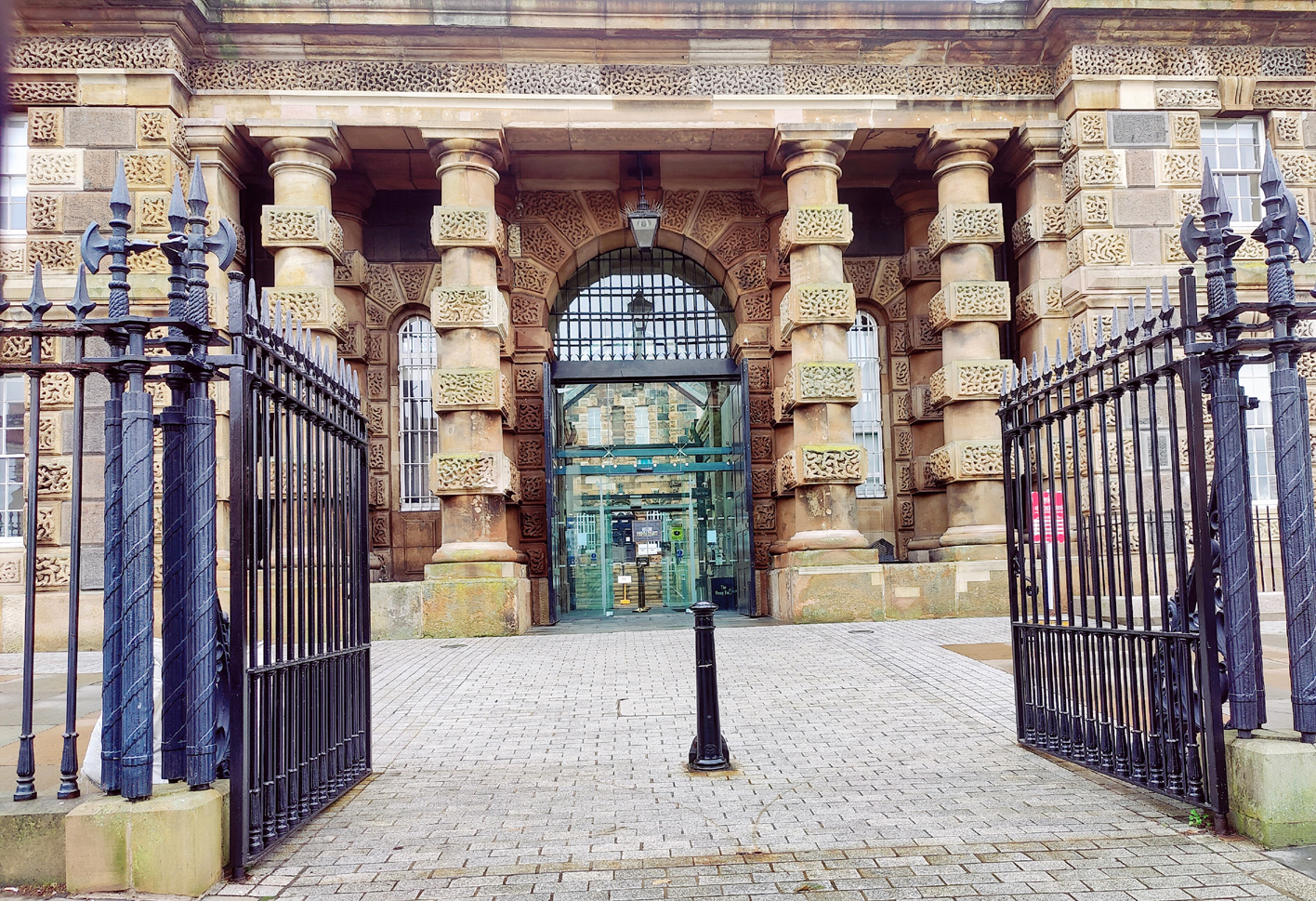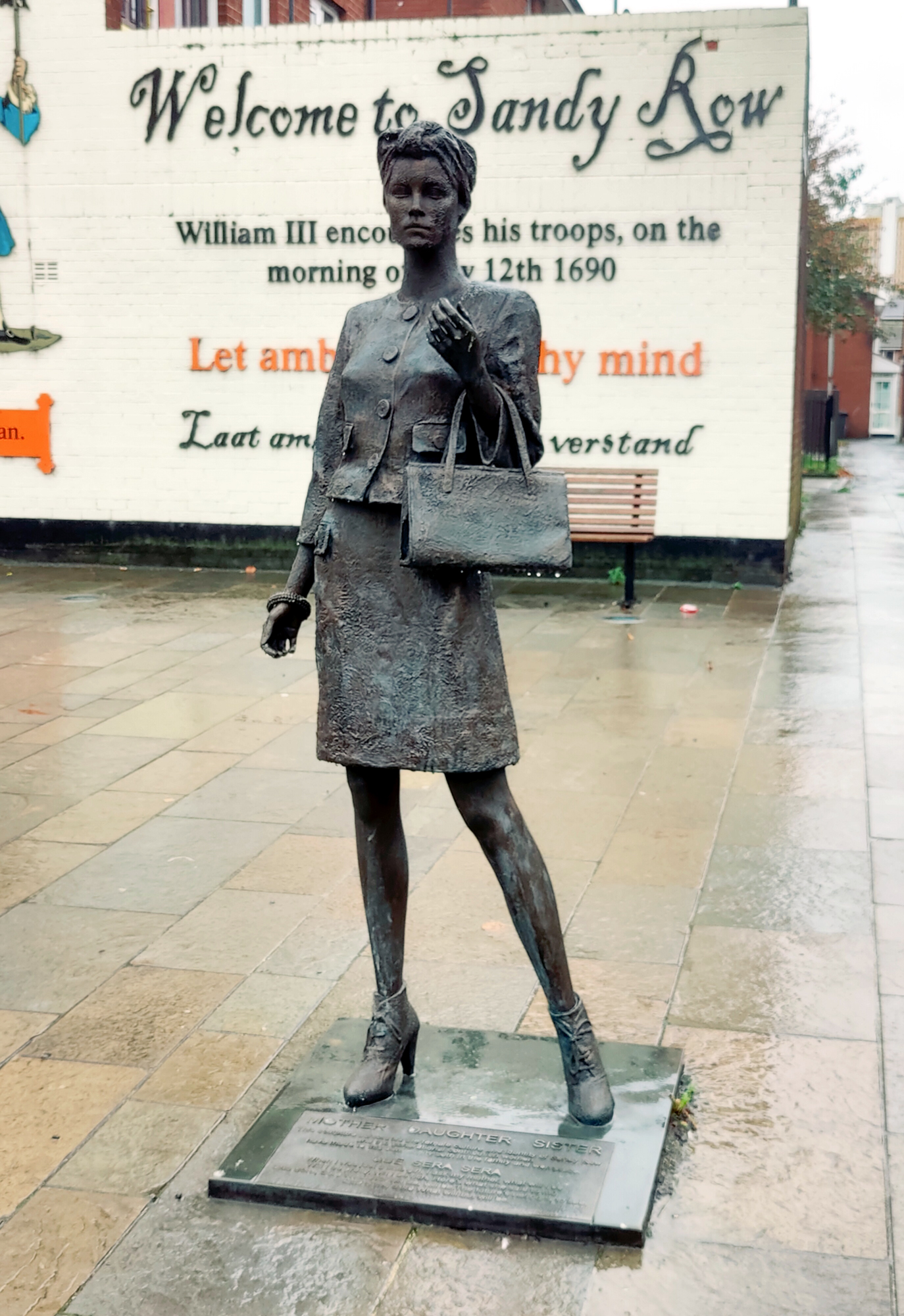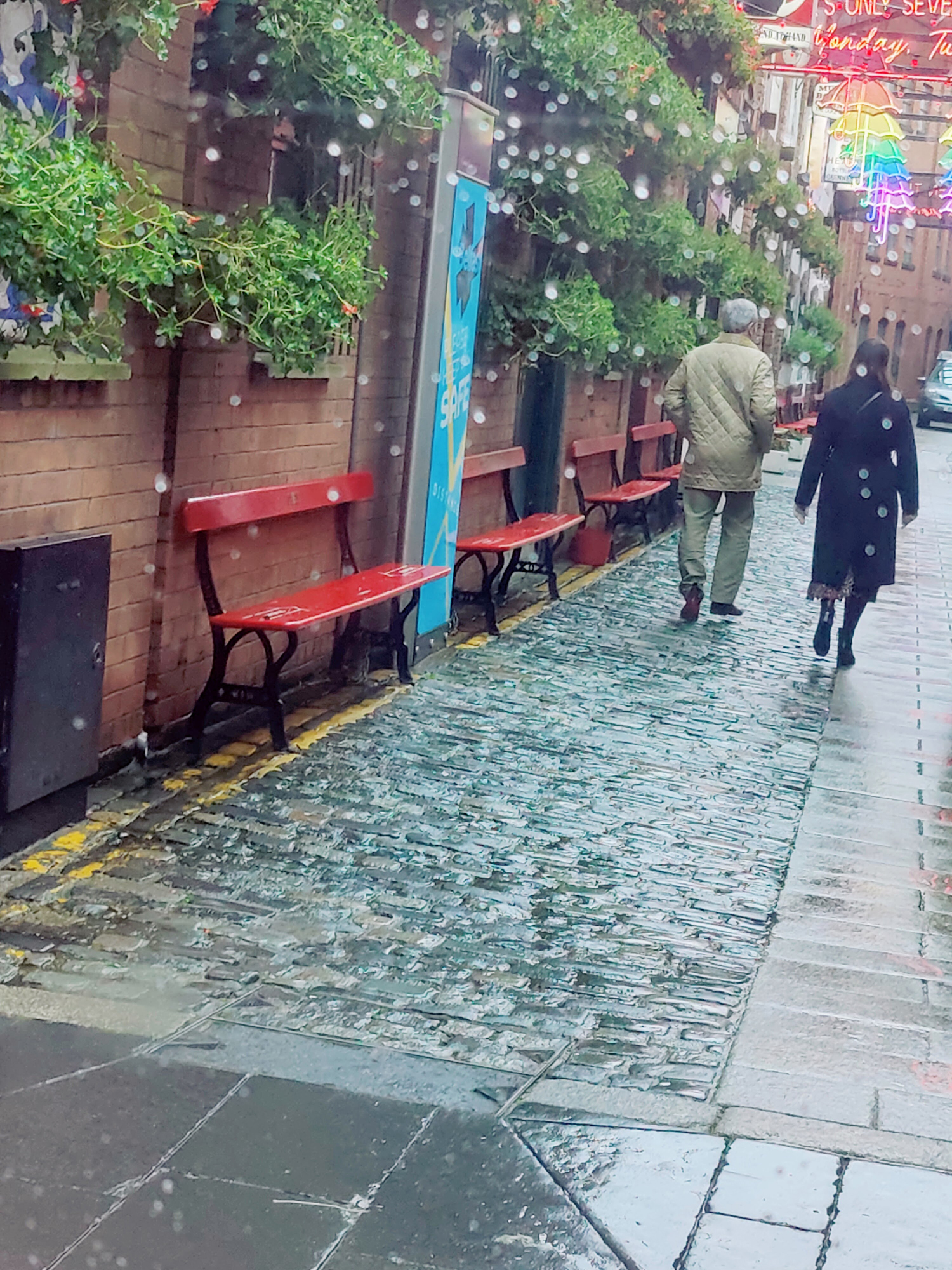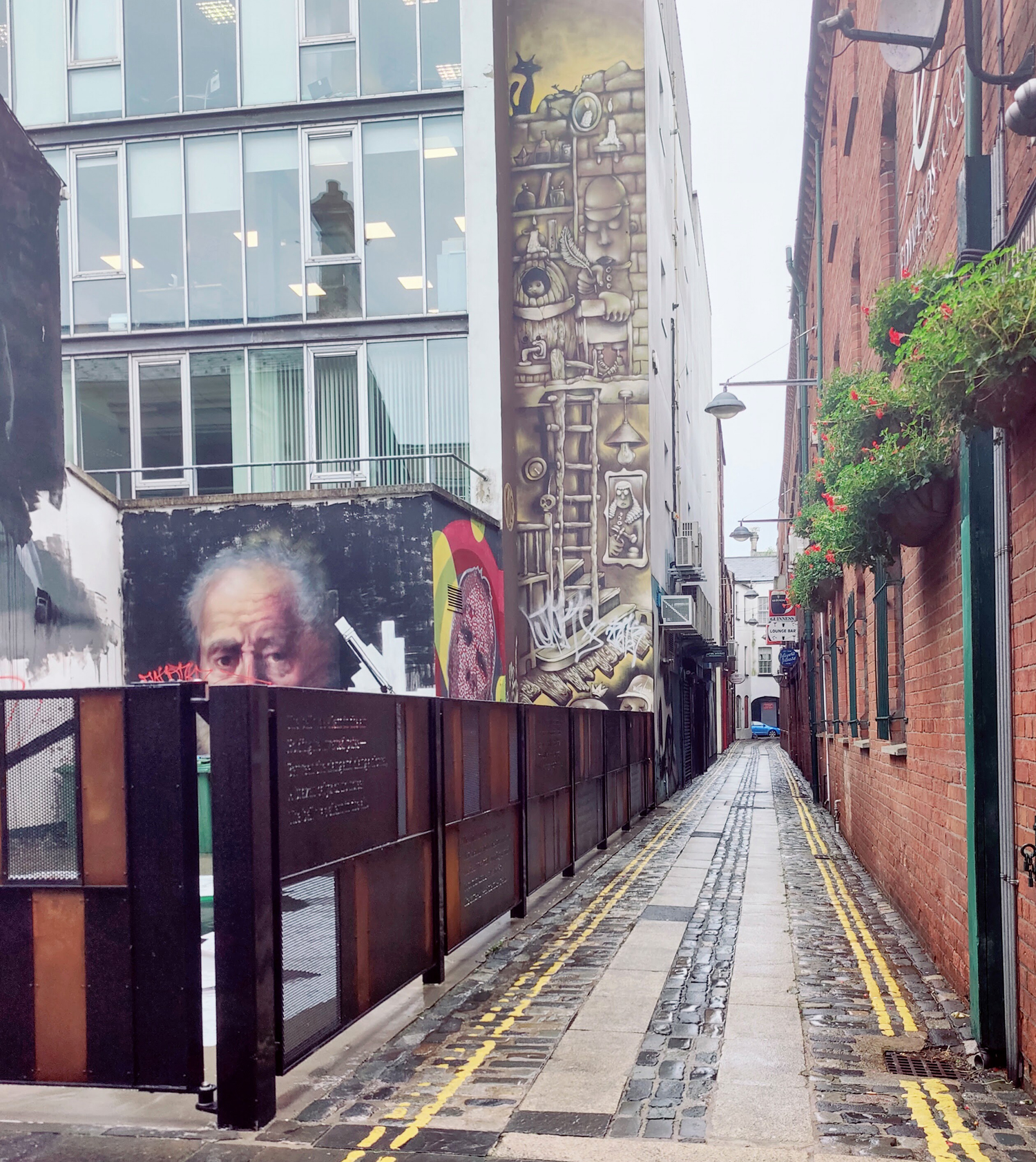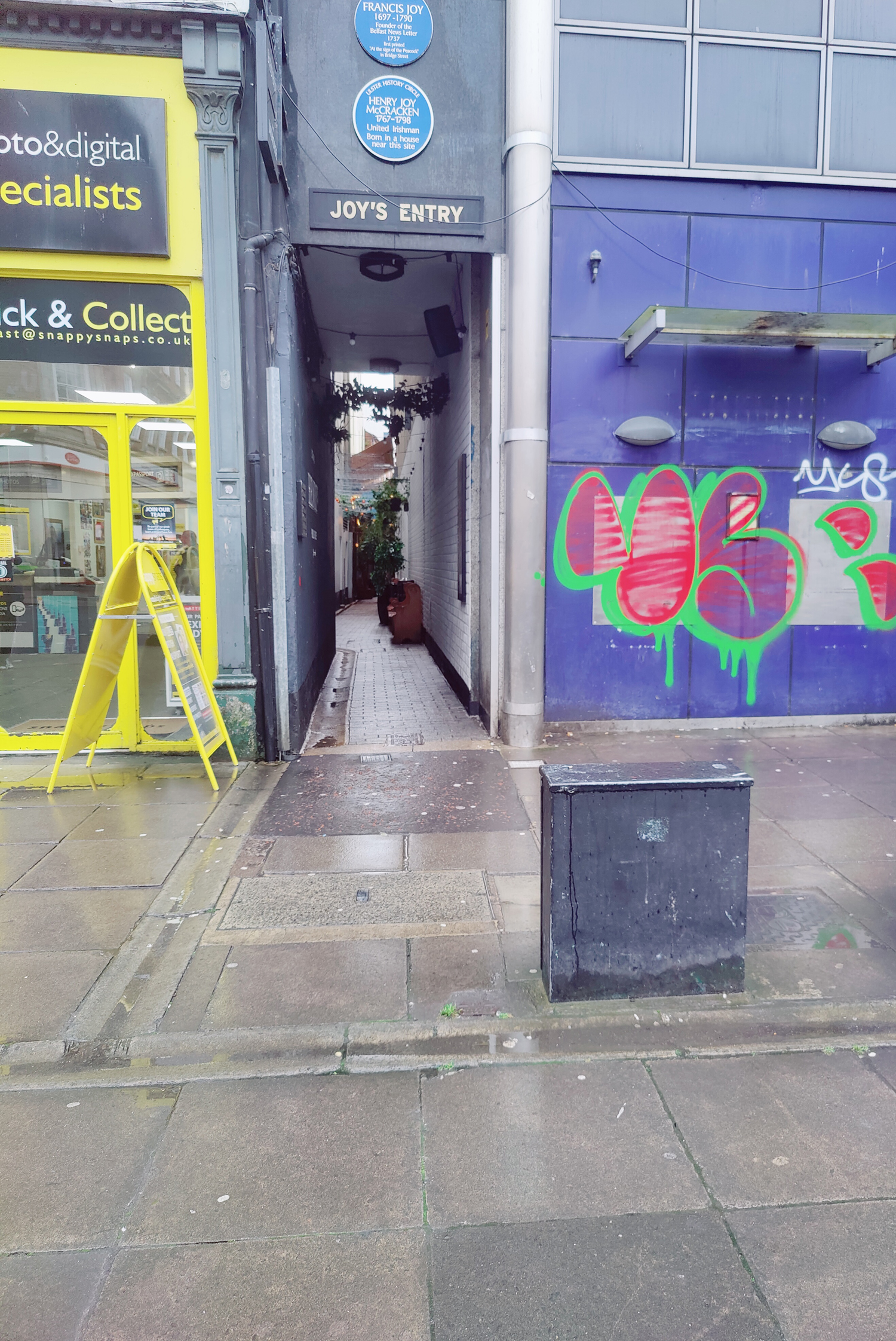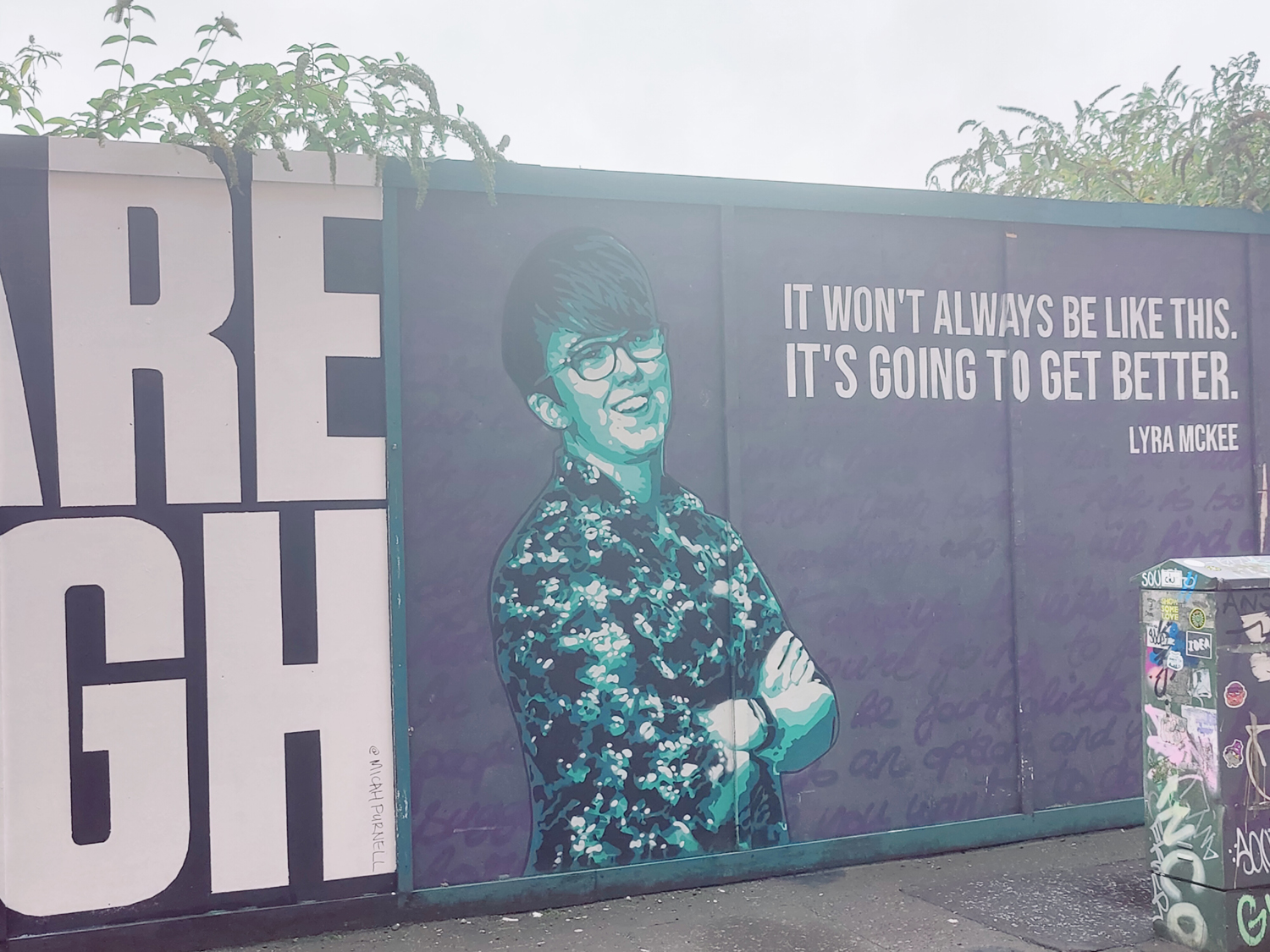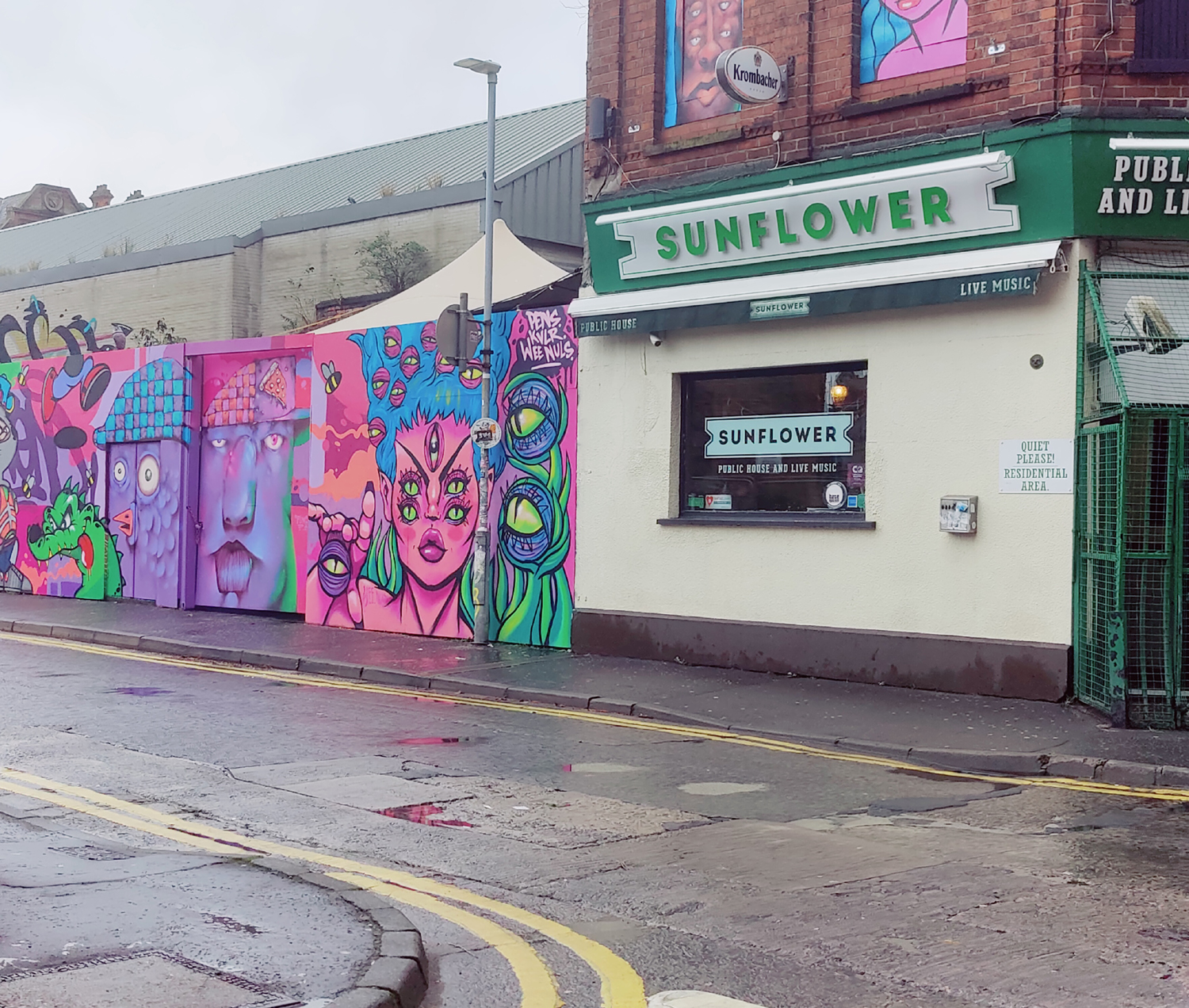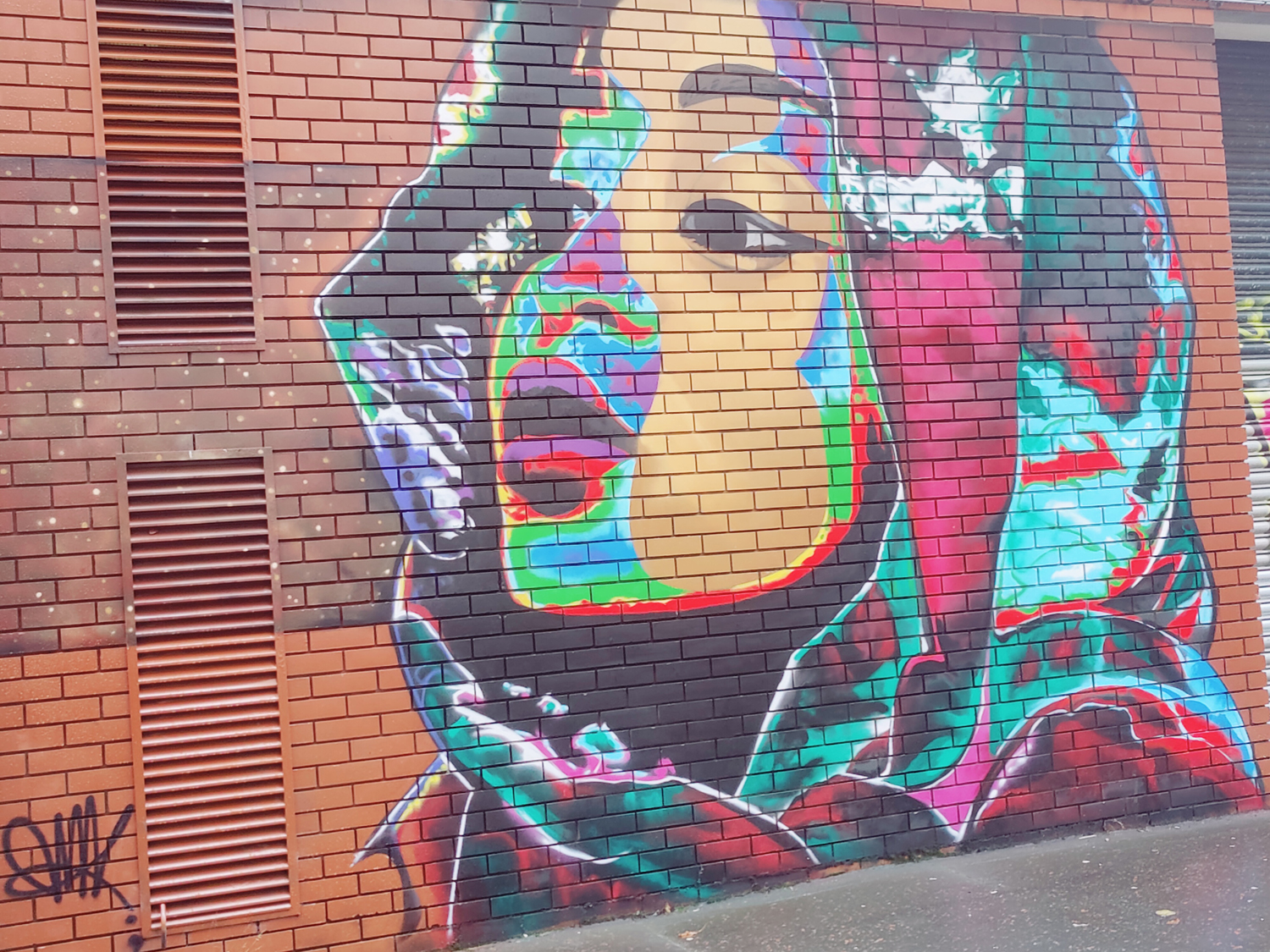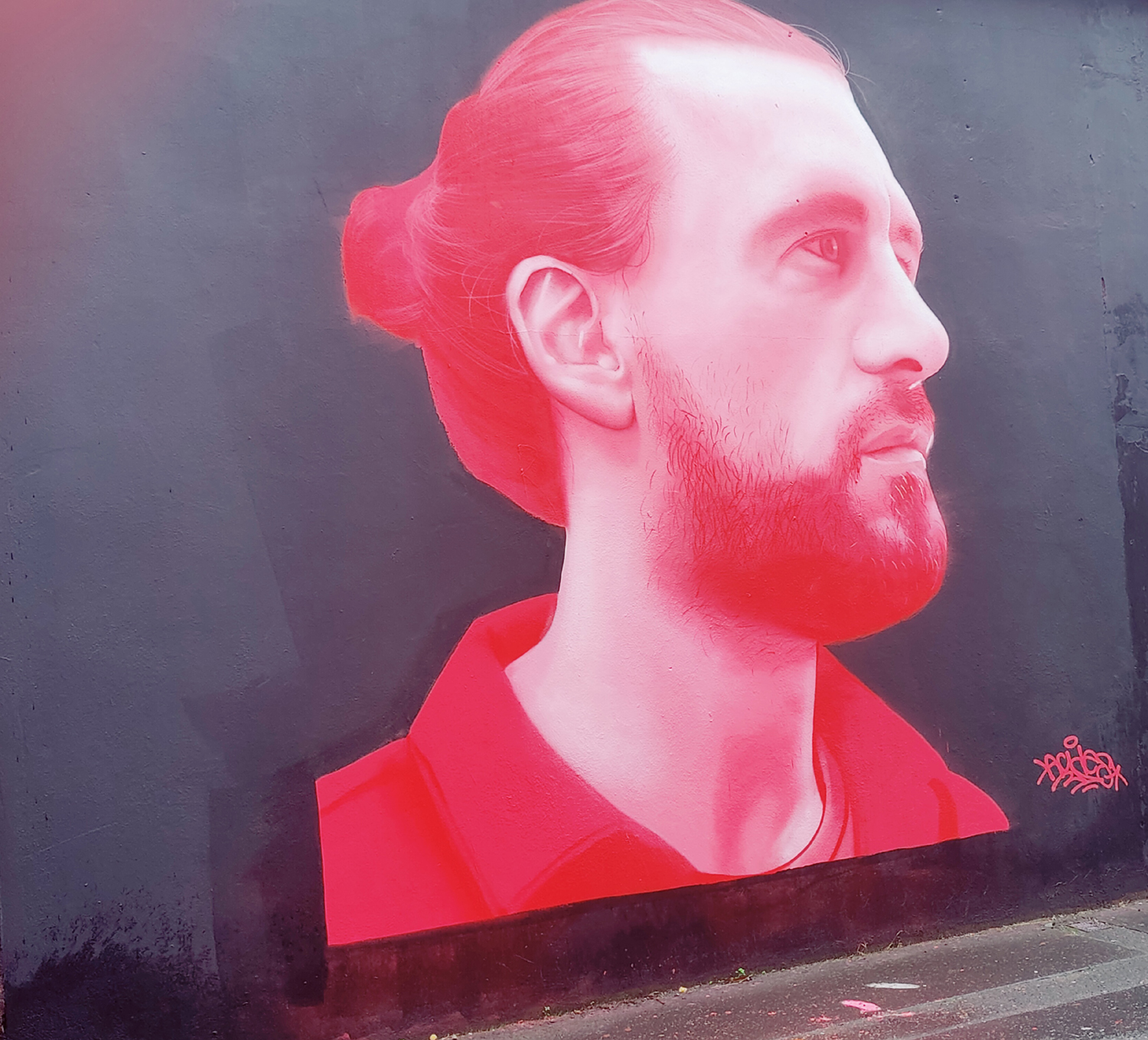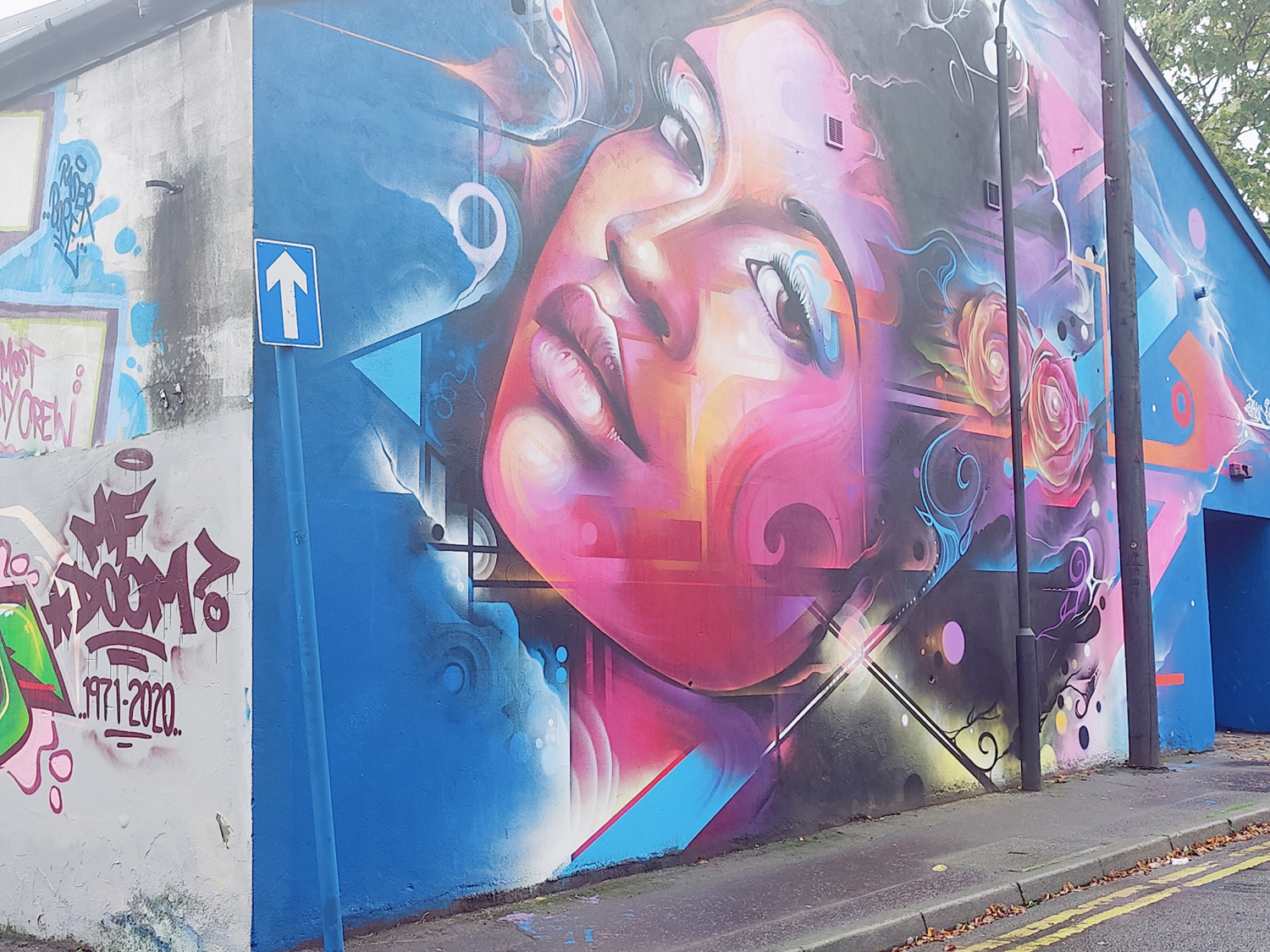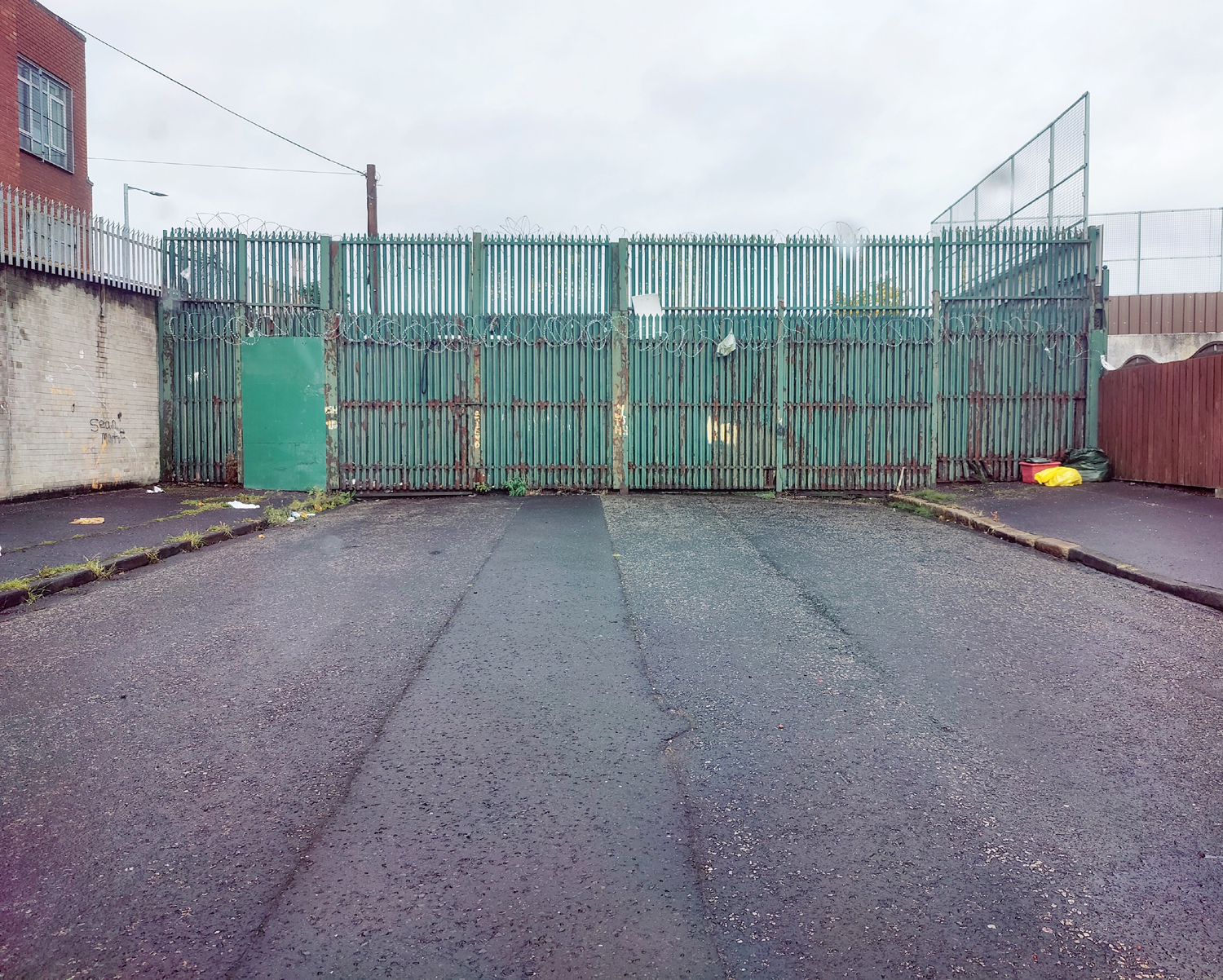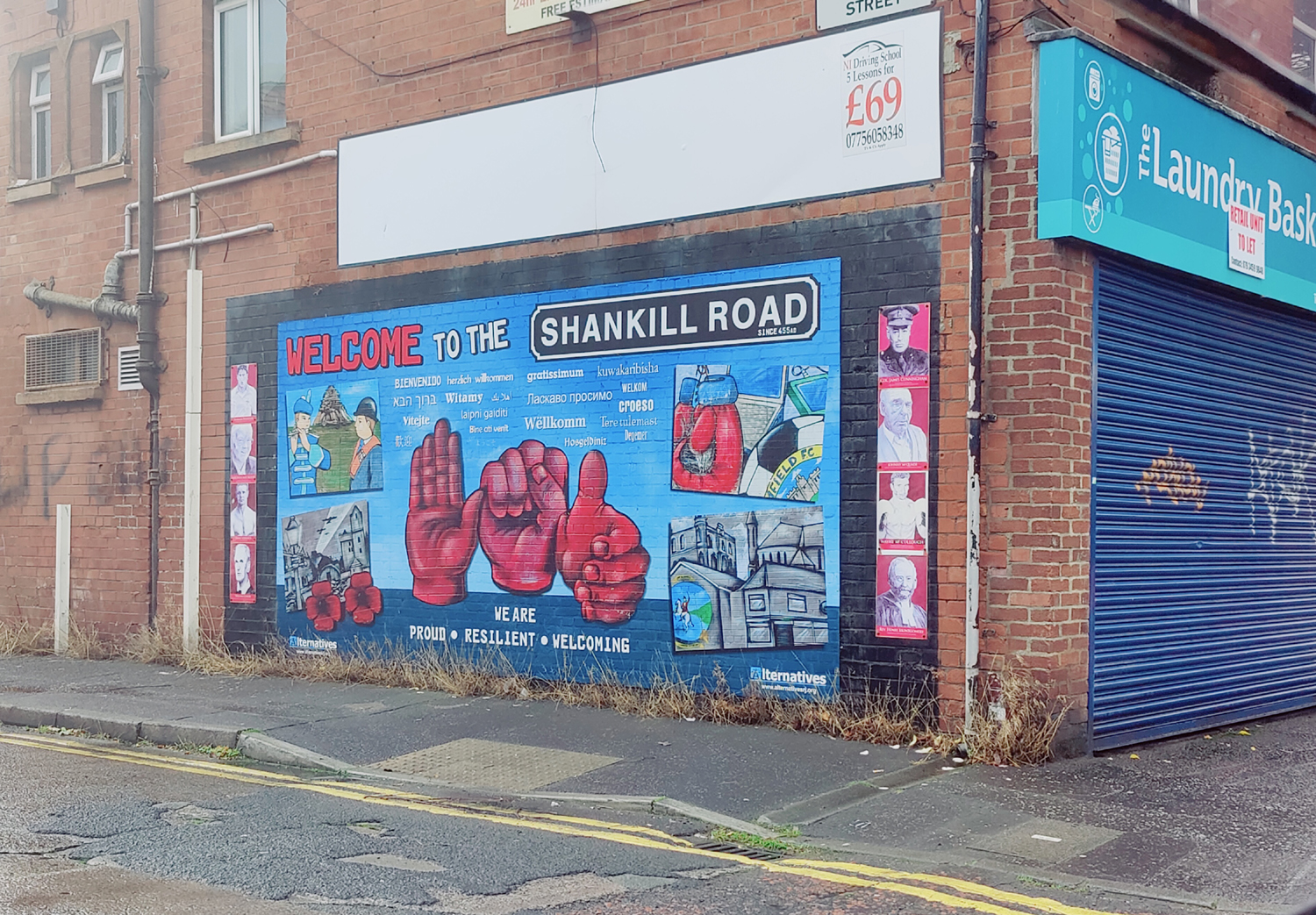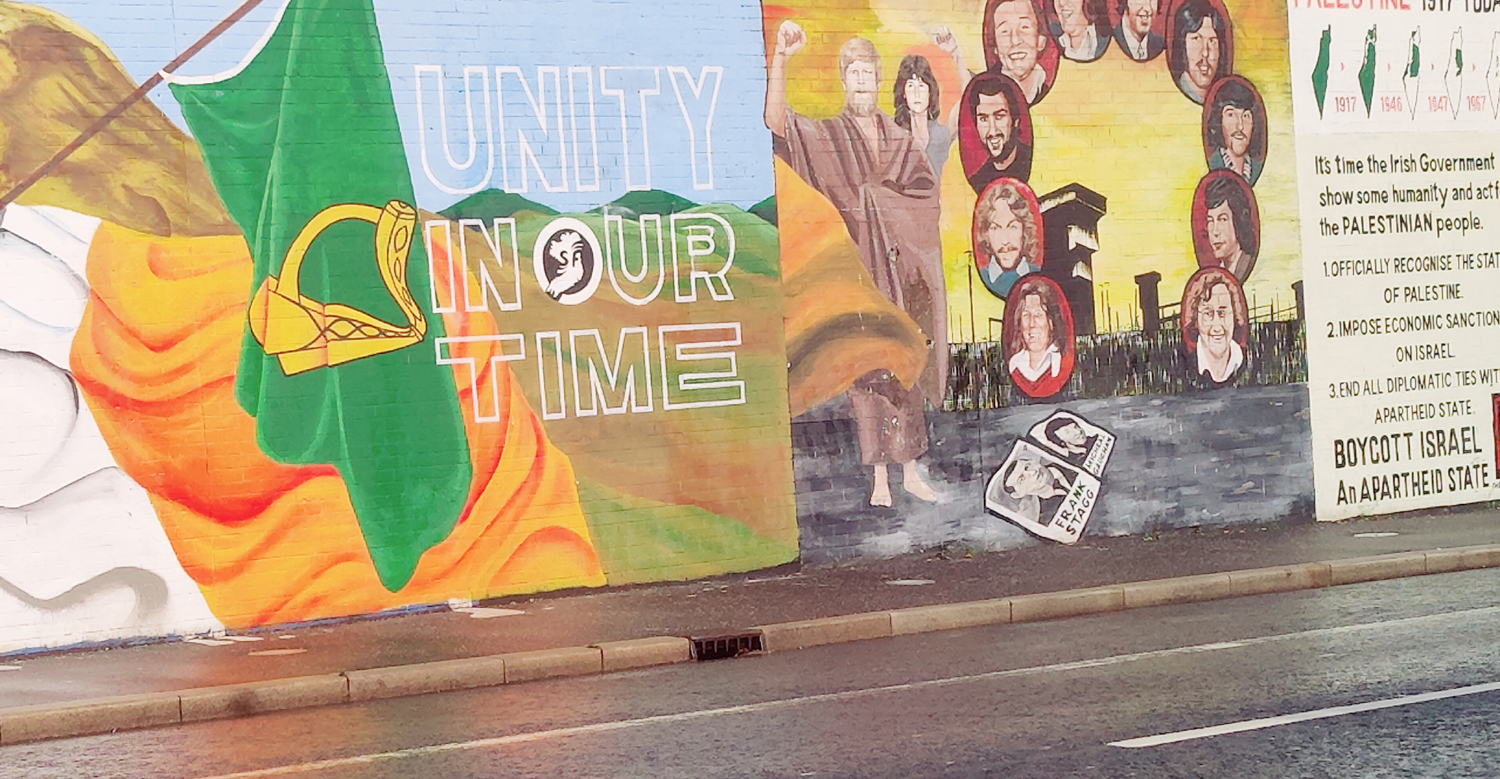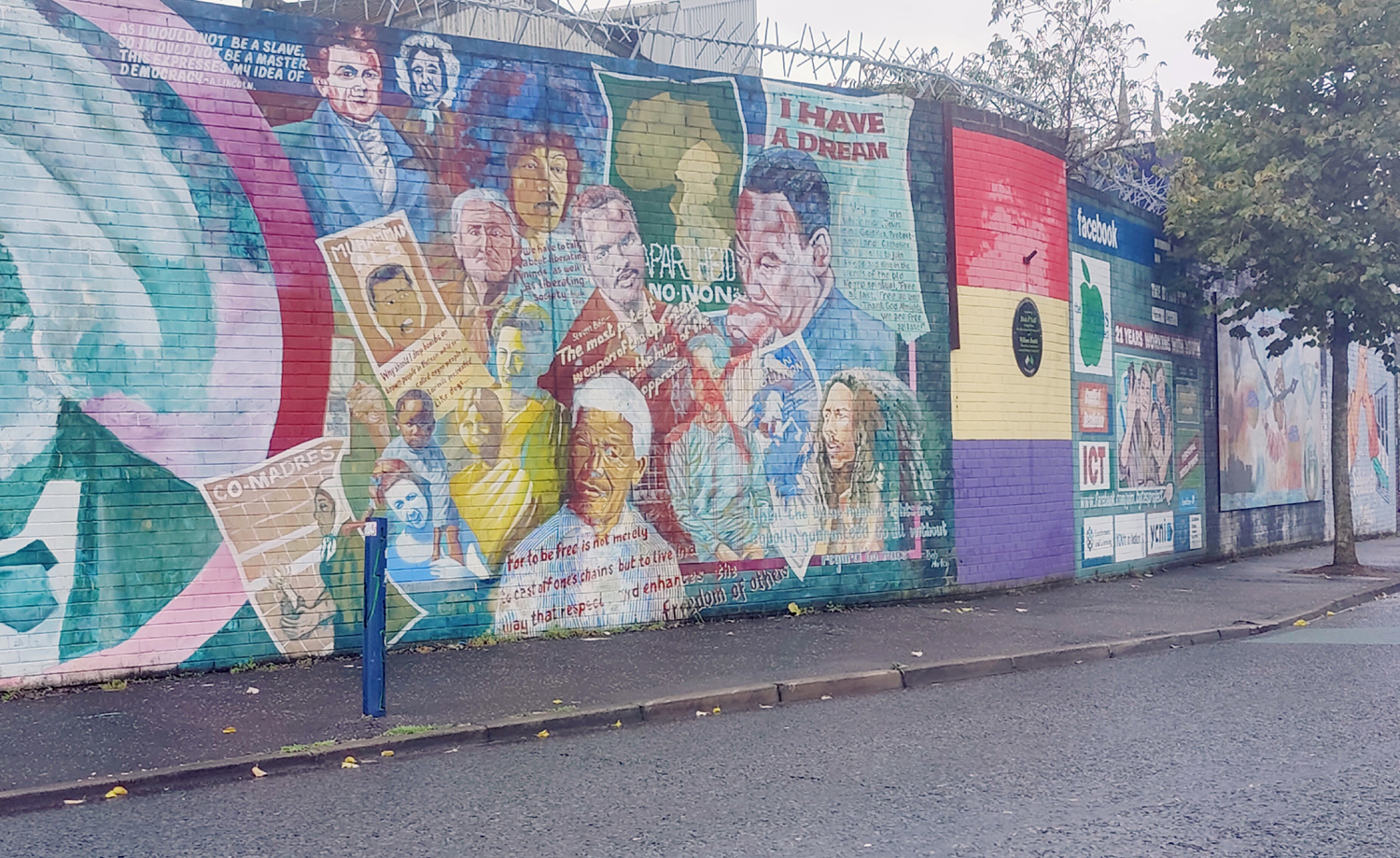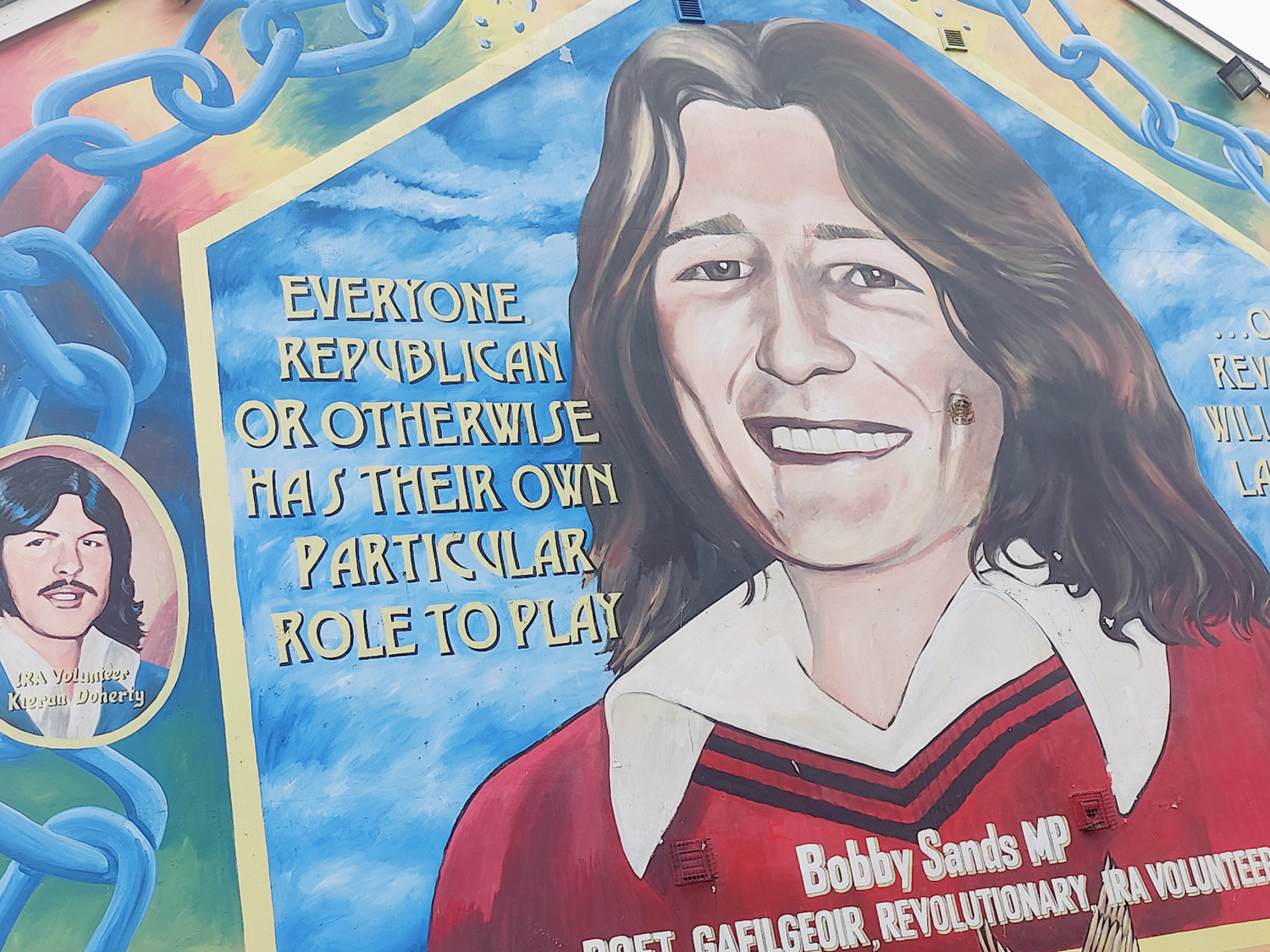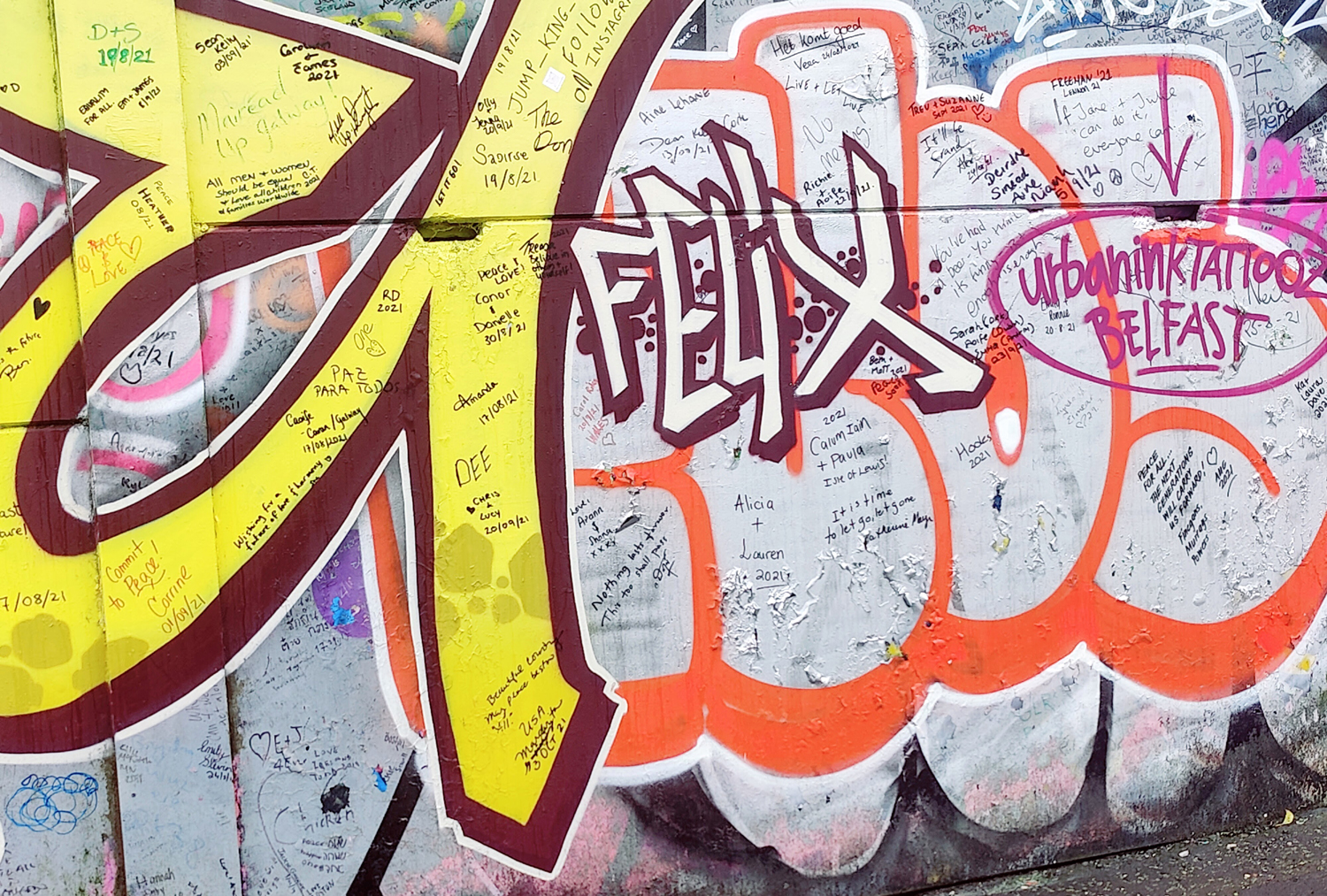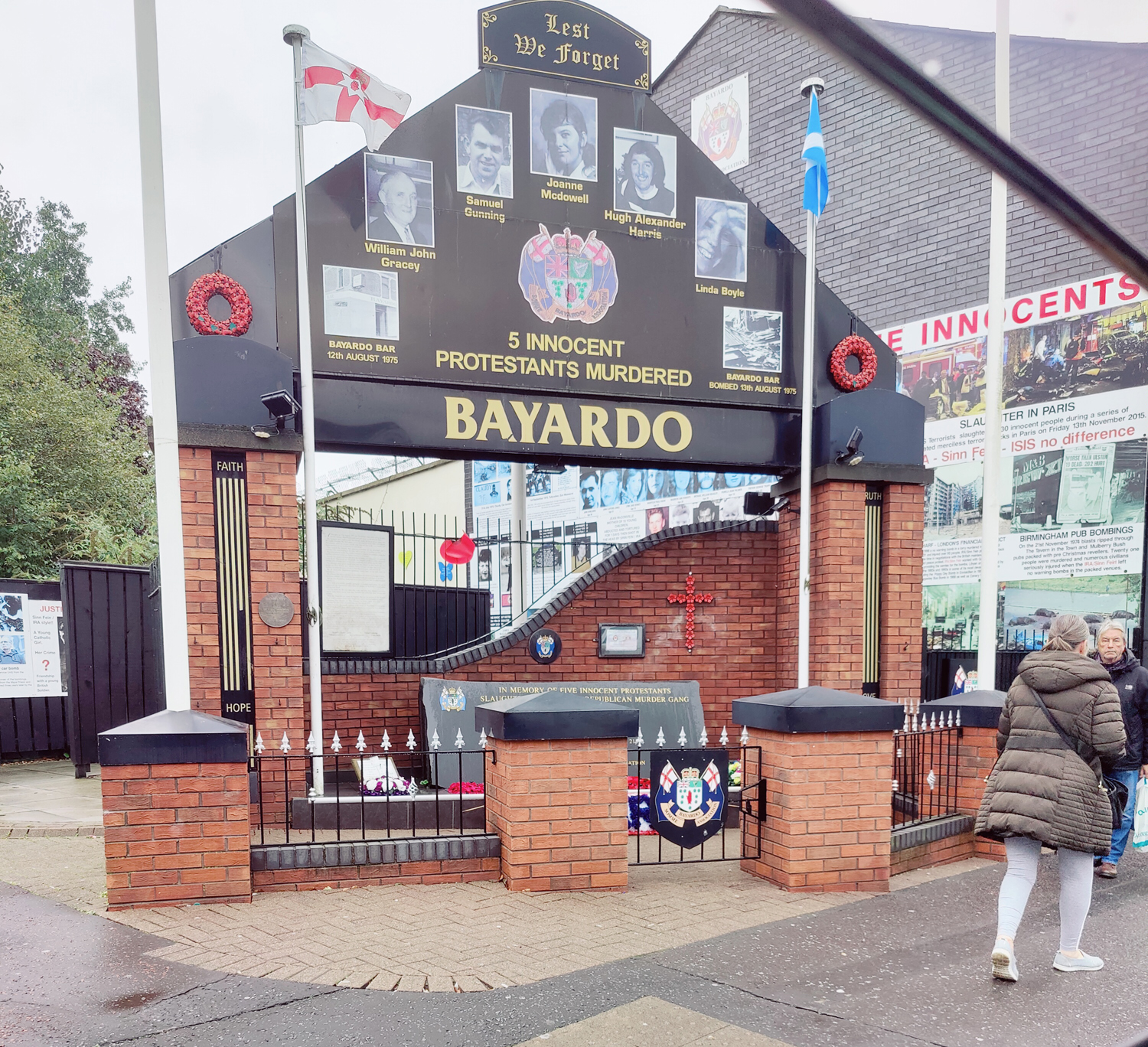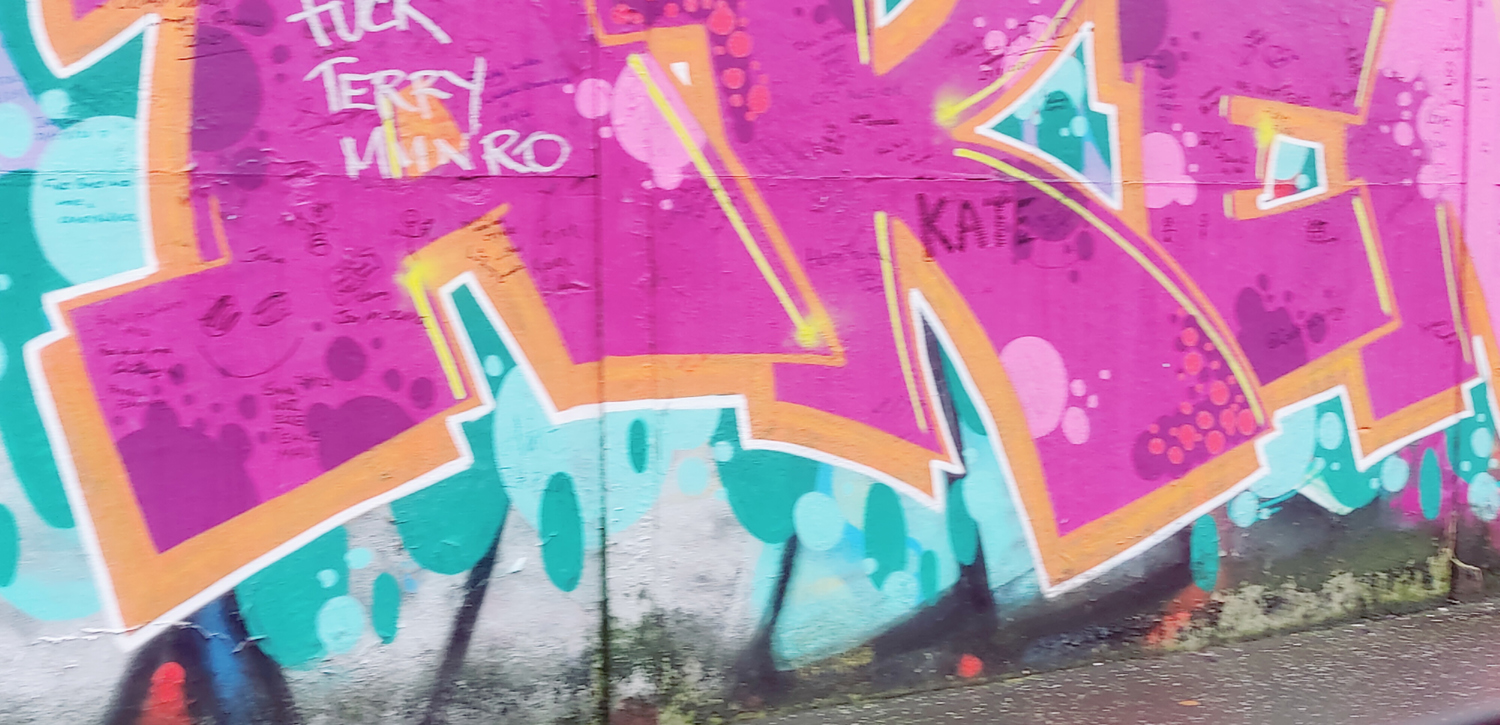January/February, 2022
Vol. 25, No. 3, 4
Text and photos by Mary L. Peachin
Belfast, the capital and Northern Ireland’s largest city of is edged by River Lagan along its east coast location. Ireland’s second-largest city, the metropolis suffered greatly during the violence accompanying the partition of Ireland, and more so during recent conflicts known as the Troubles. Lasting 3 decades, between the 1960s to 1998, some referred to this Northern Ireland conflict as an “irregular or “low-level war.”
Lasting 30-years, late 1960s and 1998, the ethno-nationalist conflict in Northern Ireland has been described as an “irregular war.” They were considered to have ended in 1998 following the signing of Good Friday Agreement. Although primarily fought in Northern Ireland, violence also occurred in the Republic of Ireland, England and mainland Europe.
Primarily political, nationalistic, and fueled by historical events, there was an ethnic or sectarian definition of ‘Protestant’ and ‘Catholic’ to refer to the two sides, yet it was not a religious conflict.
The key issue was the status of Northern Ireland. Unionists and Loyalists, who for historical reasons were mostly Ulster Protestants wanted Northern Ireland to remain within the United Kingdom. Irish nationalists and republicans, who were primarily Irish Catholics, wanted Northern Ireland to leave the United Kingdom to form a United Ireland.
The conflict began during a campaign by the Northern Ireland Civil Rights Association to end discrimination against the Catholic/Nationalist minority by the Protestant/Unionist government and local authorities. When the government attempted to suppress the protests, police, known as the Royal Ulster Constabulary (RUC), and overwhelmingly Protestant, were accused of sectarianism and brutality. The campaign was violently opposed by loyalists, who called it a Republican front. Increasing tensions led to the August 1969 Northern Ireland riots and Operation Banner, a deployment of British troops. “Peace walls” were built in to keep the two communities apart. Some Catholics initially welcomed the British Army as a more neutral force than the RUC, but it quickly was viewed as hostile and biased, particularly after the 1972 Bloody Sunday.
Participants were Republicans known as the Provisional Irish Republican Army (IRA), the Irish National Liberation Army (INLA), loyalist paramilitaries such as the Ulster Volunteer Force (UVF), and the Ulster Defence Association (UDA), and British state security forces such as the British Army Royal Ulster Constabulary (RUC) plus political activists.
The security forces of the Republic of Ireland, played a smaller role. Republicans, carried out a guerrilla campaign against British forces as well as a bombing campaign against infrastructural, commercial and political targets. Loyalists attacked Republicans/Nationalists and the wider Catholic community in what they described as retaliation. At times, there were bouts of sectarian violence, as well as feuds within and between paramilitary groups. The British security forces undertook police and counter-insurgency roles, primarily against Republicans. There was significant collusion between British state forces and Loyalist’s paramilitaries.
The Troubles involved numerous riots, mass protests and acts of civil disobedience that led to increased segregation and the installation of temporary no-go areas.
More than 3,500 people were killed in the conflict, half of them were civilians, 32% were members of the British security forces, and 16% were members of paramilitary groups. Republican paramilitaries were responsible for 60% of the deaths, loyalists 30% and security forces 10%. The Northern Ireland peace process led to paramilitary ceasefires and talks between the main political parties, which resulted in the Good Friday Agreement of 1998. This Agreement restored self-government to Northern Ireland on the basis of “power-sharing.”
It included acceptance of the principle of consent, commitment to civil and political rights, parity of esteem, police reform, disarmament and early release of paramilitary prisoners. There has been sporadic violence since the Agreement, including punishment attacks, and a campaign by dissident Republicans.
A “peace line” in Belfast, 2010, was built to separate nationalist and unionist neighborhoods. The word “troubles” has been used as a synonym for violent conflict for centuries.

